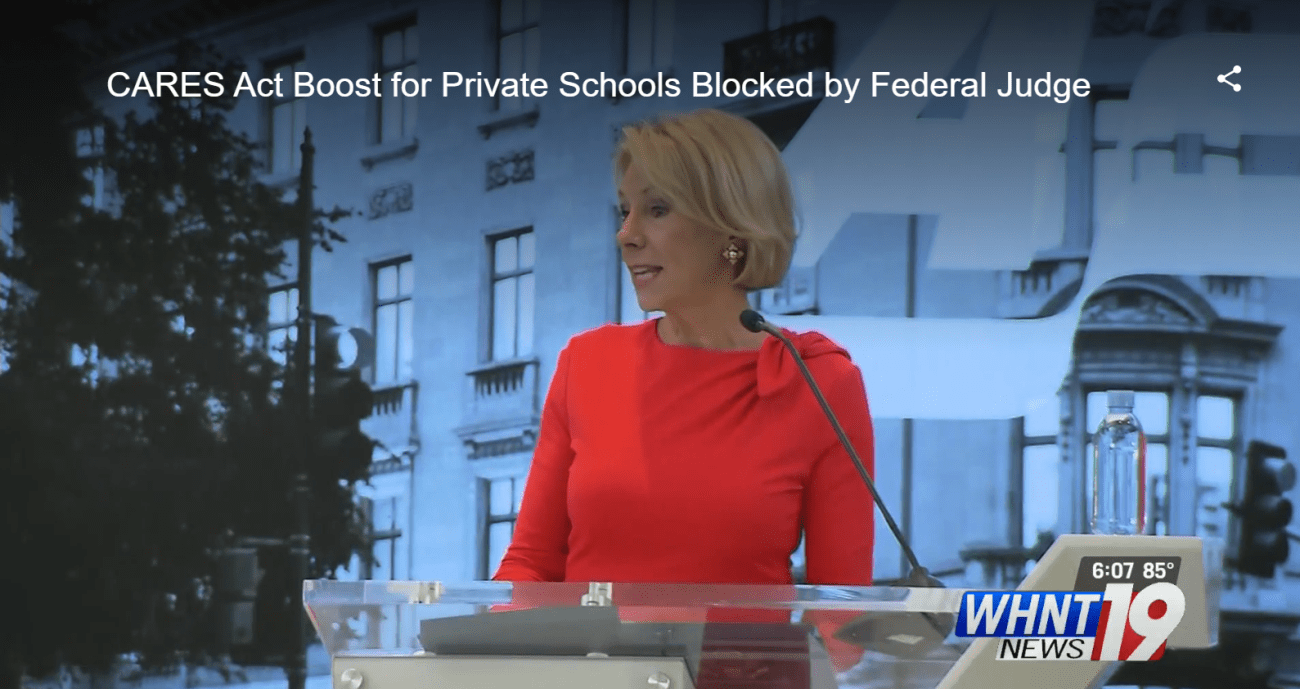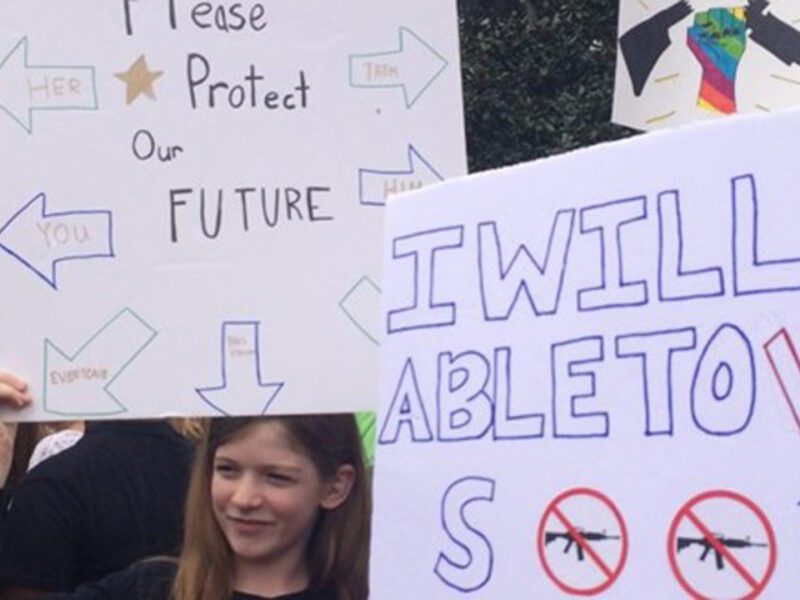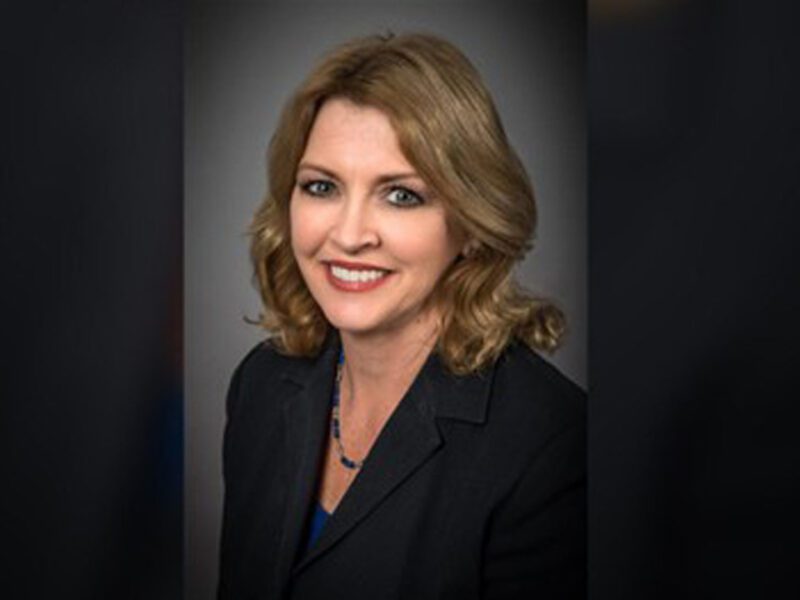Federal judge blocks Betsy DeVos’ CARES Act funding rule for private schools
WHNT 19 | by Dallas Parker | September 7, 2020
WASHINGTON D.C. — A federal judge has ruled that U.S. Secretary of Education Betsy DeVos violated the language of the CARES Act by issuing a rule that would divert relief money from public schools for the benefit of private ones.
DeVos and the U.S. Department of Education issued the regulation in June, claiming it would “ensure all students whose learning was impacted by COVID-19 are served equitably” by CARES Act funds, no matter where they attended school.
In July, the NAACP filed a lawsuit on behalf of some plaintiff families that have children enrolled in public schools in states including Maryland, North Carolina, Georgia, Arizona, Florida, Tennessee, Nevada, Mississippi, Washington, D.C. as well as Alabama.
The lawsuit argued DeVos’ interim final rule would drastically decrease the COVID-19 resources provided to support public school children and historically underserved populations during the pandemic.
Benard Simelton, President of the Alabama State Conference of the NAACP, said that would be especially true in Alabama’s public schools.
“Our schools are already devastated by COVID-19, and the CARES Act funding is supposed to help those schools who really need the funding,” he explained.
Simelton said equality in education is one of the NAACP’s principles.
“We believe everyone should have equal access to a quality public education,” he added.
Simelton said funding dictates the quality of day to day operations in most of Alabama’s public school districts.
“It determines the quality of teachers,” he said. “It determines the infrastructure, meaning that not only the physical facility, but things within the school, computers, lab instruments. All those things are determined and provided through adequate funding.”
Because of the uncertainty of the pandemic, many Alabama school systems have allocated some of the federal money for things like virtual learning technology, sanitation supplies and masks for students.
However, the CARES Act does direct public school districts to calculate relief money to contribute to private schools based solely on the number of low income students enrolled in those private schools. Simelton said that means DeVos’ plan was flawed from the start.
“Much of that funding would have gone to private schools, at same rate as the number of students in those schools rather than based on the percentage of underserved, underprivileged children in the private schools,” Simelton explained.
The NAACP argued DeVos’ rule coerced public school districts to use an illegal process to inflate the amount of COVID-19 relief funding they must share with private schools.
In a news release, the NAACP explained that under DeVos’ rule, public school systems would be “diverting more funding for ‘equitable services’ to private school students than the law requires or face onerous restrictions on the use of those funds in their public schools.” The NAACP said both options violated the clear language of the CARES Act.
In her ruling, Judge Friedrich said Congress was clear about how the CARES Act money was to be allocated amongst schools and DeVos’ interim final rule was the complete opposite of that.
Because DeVos proposed a federal regulation, the court’s ruling granted a nationwide termination of the rule.






